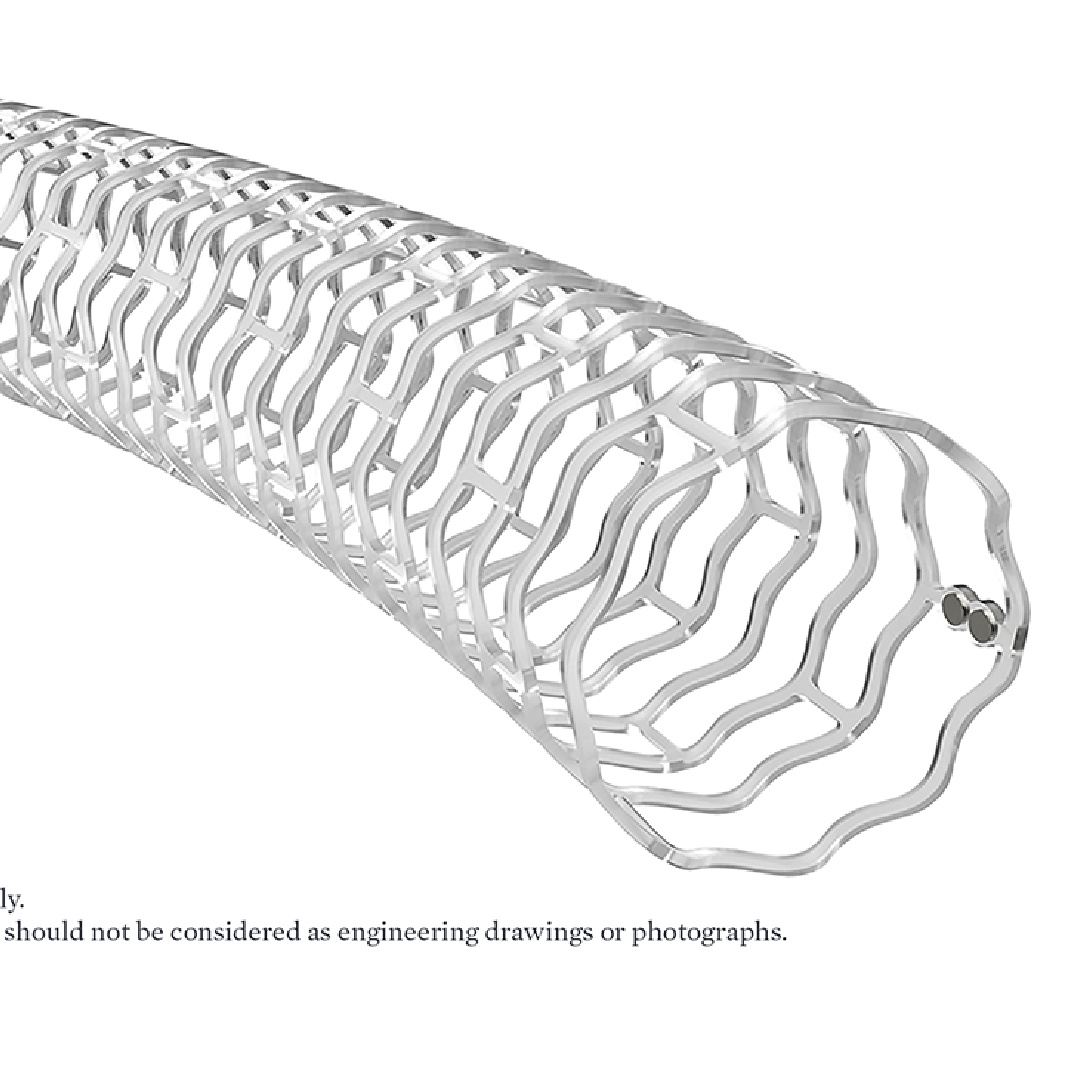What to Expect From a Local Vascular Clinic
Visiting a local vascular clinic for the first time can be an intimidating experience. However, understanding what to expect can help ease any anxiety and ensure that you make the most of your appointment. Vascular clinics specialize in diagnosing and treating disorders of the circulatory system, which includes arteries, veins, and lymphatic vessels. By knowing what services are offered and how they are provided, you can arrive prepared and informed, ready to take charge of your vascular health.
Receive a Comprehensive Evaluation and Diagnosis
One key aspect of a visit to a vascular clinic is a comprehensive evaluation and diagnosis. Vascular specialists utilize various diagnostic tools and tests to assess your circulatory health. These may include ultrasounds, blood tests, and other non-invasive procedures designed to provide a detailed view of your vascular system's condition. This thorough assessment allows specialists to accurately diagnose any issues and tailor a treatment plan that best suits your individual needs.
Offer Various Treatment Options
Once a diagnosis is made, vascular clinics offer numerous treatment options tailored to address specific vascular conditions. Treatment may range from lifestyle modifications and medication management to minimally invasive procedures and surgical interventions. According to Rentech, there are over 11,000 vascular surgeons in the United States, highlighting the availability of specialized care across the country. Having access to experienced professionals increases the likelihood of positive outcomes, as these experts are well-versed in the latest advancements and techniques in vascular care.
Consider Follow-Up Care
Patient education and follow-up care are integral components of the services offered by vascular clinics. During your visit, you can expect the healthcare team to provide detailed information about your condition, treatment options, and strategies for maintaining vascular health. Regular follow-up appointments allow for ongoing monitoring of your condition and adjustments to treatment as needed. Engaging with your vascular care team helps foster a collaborative approach, empowering you to take an active role in managing your health.
A local vascular clinic offers comprehensive evaluation, personalized treatment, and ongoing support for managing vascular conditions. By understanding what to expect from these specialized services, you can approach your visit with confidence. With the expertise of skilled vascular surgeons and a focus on patient education, these clinics provide crucial resources for maintaining your circulatory health and improving your quality of life. If you're looking for a local vascular clinic, contact or visit Arizona Endovascular Center today.












